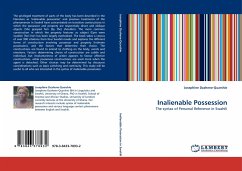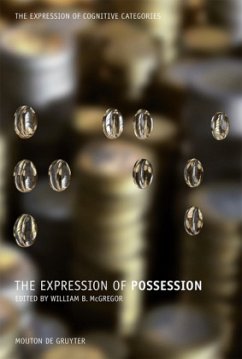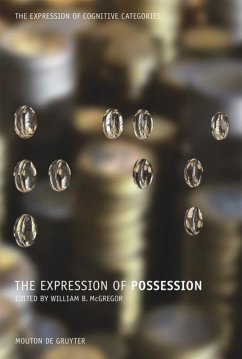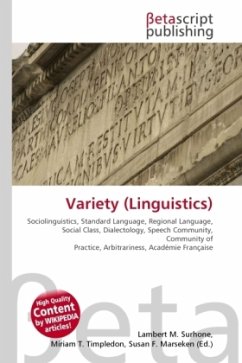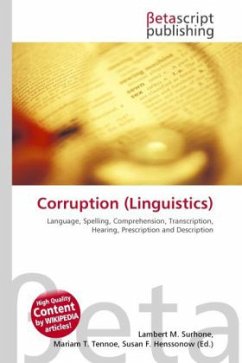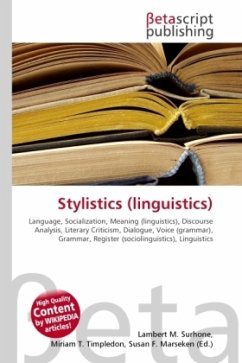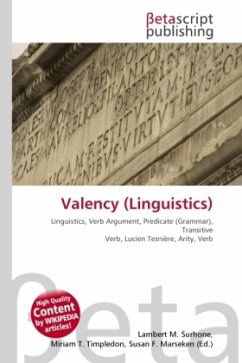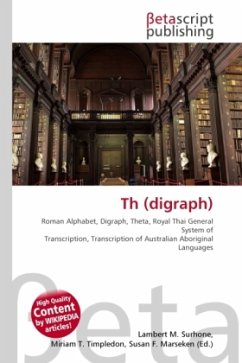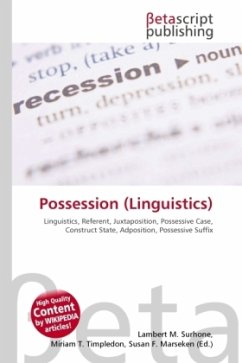
Possession (Linguistics)
Versandkostenfrei!
Versandfertig in 6-10 Tagen
23,99 €
inkl. MwSt.

PAYBACK Punkte
12 °P sammeln!
High Quality Content by WIKIPEDIA articles! Possession, in the context of linguistics, is an asymmetric relationship between two constituents, the referent of one of which (the possessor) possesses (owns, rules over, has as a part, etc.) the referent of the other. Possession may be marked in many ways, such as simple juxtaposition of nouns, a possessive case, a construct state (for example, see Arabic grammar: state), or adpositions (possessive suffixes, possessive adjectives). For example, English uses a possessive clitic ('s) and a preposition, of. There are many types of possession, but a c...
High Quality Content by WIKIPEDIA articles! Possession, in the context of linguistics, is an asymmetric relationship between two constituents, the referent of one of which (the possessor) possesses (owns, rules over, has as a part, etc.) the referent of the other. Possession may be marked in many ways, such as simple juxtaposition of nouns, a possessive case, a construct state (for example, see Arabic grammar: state), or adpositions (possessive suffixes, possessive adjectives). For example, English uses a possessive clitic ('s) and a preposition, of. There are many types of possession, but a common distinction is alienable versus inalienable possession. Alienability refers to the ability to dissociate something from its parent ? in this case, a quality from its owner. When something is inalienably possessed, it is usually an attribute: for example, John's big nose is inalienably possessed, because it cannot (without surgery) be removed from John ? it's simply a quality he has. Incontrast, 'my briefcase' is alienably possessed ? it can be separated from me.



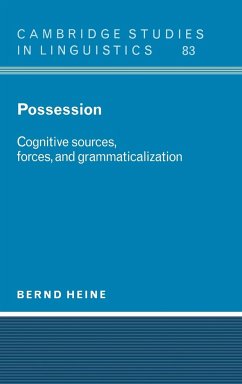
![A Calendar of Two Letter-books and One Commission-book in the Possession of the Government of Nova Scotia, 1713-1741 [microform] Cover A Calendar of Two Letter-books and One Commission-book in the Possession of the Government of Nova Scotia, 1713-1741 [microform]](https://bilder.buecher.de/produkte/65/65537/65537680n.jpg)
